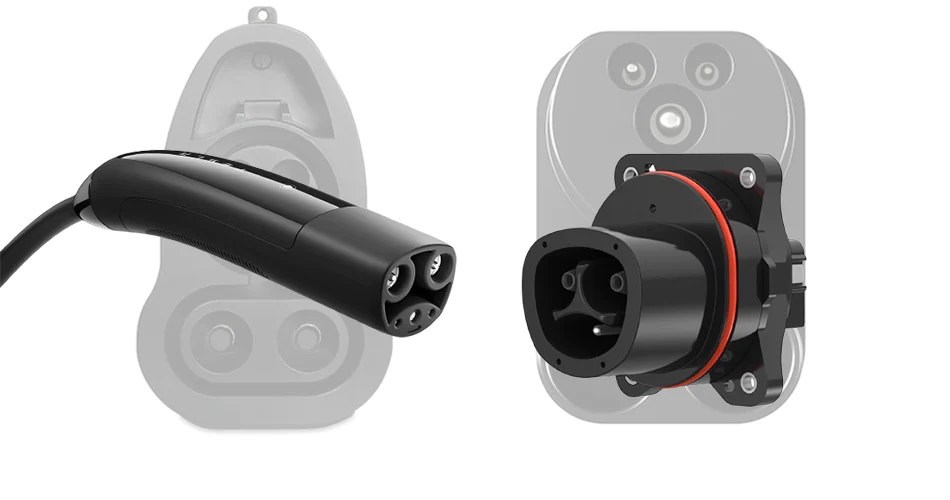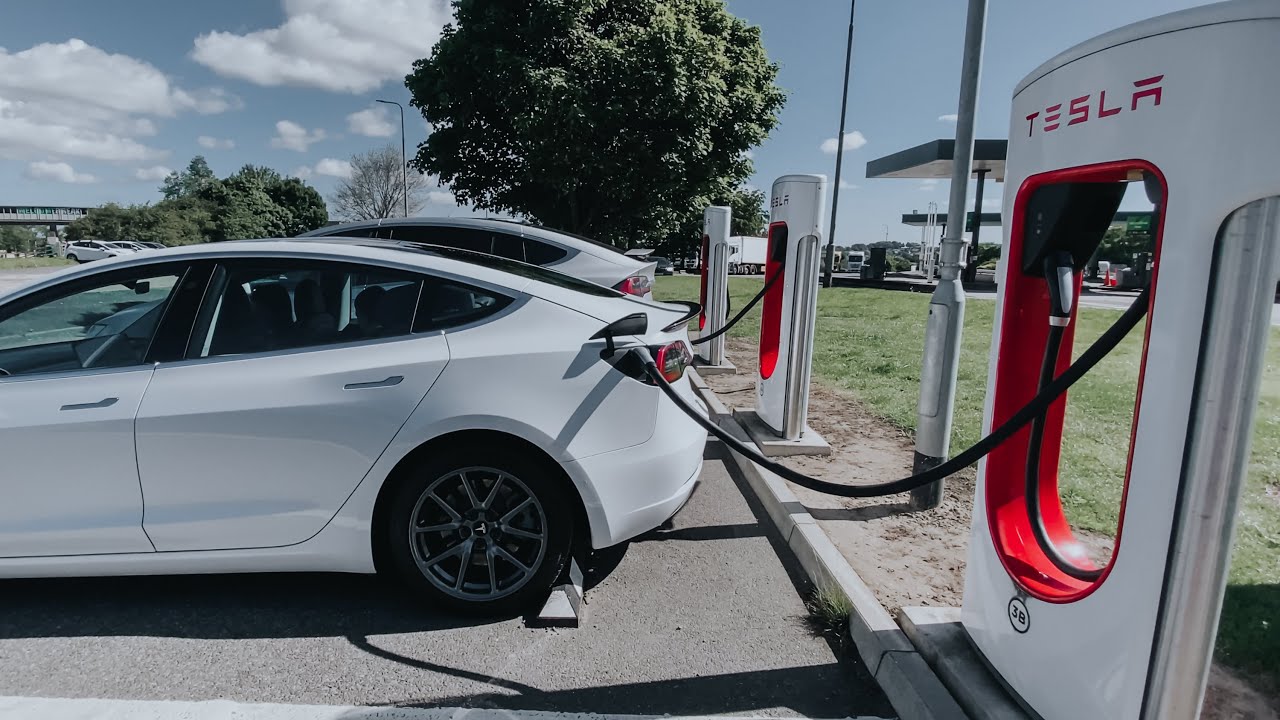Tesla’s NACS EV plug is coming for EV Charger Station
The plan went into effect Friday, making Kentucky the first state to officially mandate Tesla’s charging technology. Texas and Washington have also shared plans that would require charging companies to include Tesla’s “North American Charging Standard” (NACS), as well as the Combined Charging System (CCS), if they want to qualify for federal dollars.
The Tesla charging plug swing started when Ford in May said it would build future EVs with Tesla charging technology. General Motors soon followed, causing a domino effect. Now, a range of automakers like Rivian and Volvo and charging companies like FreeWire Technologies and Volkswagen’s Electrify America have said they’d adopt the NACS standard. Standards organization SAE International has also said it aims to make an industry standard configuration of NACS in six months or less.
Some pockets of the EV charging industry are attempting to temper the increased NACS momentum. A group of EV charging companies like ChargePoint and ABB, as well as clean energy groups and even the Texas DOT, wrote to the Texas Transportation Commission calling for more time to re-engineer and test Tesla’s connectors before implementing a proposed mandate. In a letter viewed by Reuters, they say that Texas’s plan is premature and requires time to properly standardize, test and certify the safety and interoperability of Tesla’s connectors.
Despite pushback, it’s clear that NACS is catching, at least in the private sector. If the trend of automakers and charging companies falling in line is anything to go by, we can continue to expect states to follow in Kentucky’s wake.
California might soon follow, since it’s Tesla’s birthplace, the automaker’s former HQ and current “engineering HQ,” not to mention it leads the nation in both Tesla and EV sales. The state’s DOT did not comment, and California’s Department of Energy has not responded to TechCrunch’s request for insights.
According to Kentucky’s request for proposal for the state’s EV charging program, each port must be equipped with a CCS connector and be capable of connecting to and charging vehicles equipped with NACS-compliant ports.
The U.S. Department of Transportation mandated earlier this year that charging companies must have CCS plugs — which are considered to be an international charging standard — in order to qualify for federal funds earmarked for the deployment of 500,000 public EV chargers by 2030. The National Electric Vehicle Infrastructure Program (NEVI) is offering $5 billion to states.
Back in 2012 with the launch of the Model S sedan, Tesla first introduced its proprietary charging standard, referred to as the Tesla Charging Connector (brilliant nomenclature, right?). The standard would be adopted for the American automaker’s three proceeding EV models as it continued to implement its Supercharger network around North America and into new global markets where its EVs were being sold.
Still, CCS has held a respectable reign as the inherent standard in EV charging after quickly ousting Japan’s CHAdeMO plug back in the early days of EV adoption when the Nissan LEAF was still a global leader. Since Europe uses a different CCS standard than North America, Tesla’s built for the EU market use CCS Type 2 connectors as an additional option to the existing DC Type 2 connector. As a result, the automaker was able to open up its Supercharger network to non-Tesla EVs overseas much sooner.
Despite years of rumors about Tesla opening up its network to all-EVs in North America, it wasn’t until recently it actually happened. Given that the Supercharger network remains, without argument, the largest and most reliable on the continent, this was a huge win for EV adoption as a whole and has led to the establishment of the NACS as the preferred method of charging.
Post time: Nov-13-2023

 Portable EV Charger
Portable EV Charger Home EV Wallbox
Home EV Wallbox DC Charger Station
DC Charger Station EV Charging Module
EV Charging Module NACS&CCS1&CCS2
NACS&CCS1&CCS2 EV Accessories
EV Accessories


